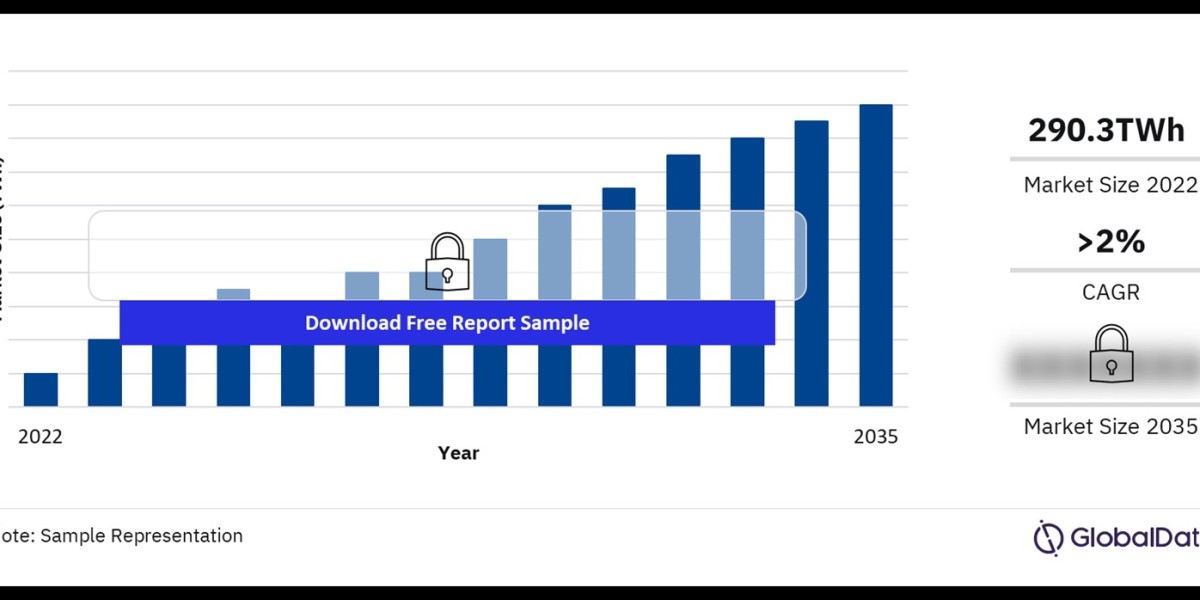Mergers and acquisitions (M&A) are common strategies that businesses use to grow, expand into new markets, or gain a competitive edge. These processes, however, are complex and require careful planning, research, and financial expertise. This is where merchant bankers play a crucial role. They provide the financial advice, resources, and support needed to ensure that mergers and acquisitions are successful.
In this blog, we will explore the importance of merchant bankers in M&A, their roles, and how they contribute to making these deals work smoothly, especially within the framework of Merchant Banker License Registration in India and Mergers and Acquisitions Advisory Services in India.
What is a Merchant Banker?
A merchant banker is a financial expert who provides specialized services to companies, especially in areas like raising capital, underwriting, and financial advisory services. Unlike commercial banks, merchant bankers focus more on business and corporate finance. They work closely with companies to help them make strategic decisions, including those related to mergers and acquisitions. To offer these services in India, financial professionals must complete the Merchant Banker License Registration in India, which is regulated by the Securities and Exchange Board of India (SEBI).
Understanding Mergers and Acquisitions
Mergers occur when two companies combine to form a new entity, while acquisitions happen when one company buys another. Both processes aim to create business synergies, expand operations, or increase market share. However, they require a thorough understanding of financial markets, valuation techniques, legal procedures, and negotiation strategies to ensure success.
Merchant bankers, who often offer Mergers and Acquisitions Advisory Services in India, act as a bridge between the two companies involved in the deal, making the entire process smoother and more efficient.
Role of Merchant Bankers in Mergers and Acquisitions
Merchant bankers perform a wide range of tasks that are essential for the successful completion of a merger or acquisition. Below are some key areas where they play a vital role:
1. Valuation and Financial Analysis
One of the most critical steps in M&A is determining the value of the companies involved. Merchant bankers have the expertise to carry out in-depth financial analysis and business valuation. They assess the market value of the companies, look at their assets and liabilities, and forecast future revenue streams. This helps both parties understand the true worth of the deal, ensuring that no company overpays or sells for less than its value.
For example, if Company A is buying Company B, a merchant banker will evaluate Company B’s worth based on its financial records, current market conditions, and future growth potential. This expertise is a vital component of Mergers and Acquisitions Advisory Services in India, which merchant bankers provide.
2. Due Diligence
Due diligence is a critical step in the M&A process. It involves reviewing the financial, operational, and legal aspects of the target company to identify any potential risks or liabilities. Merchant bankers conduct thorough due diligence to ensure that the buyer knows exactly what they are getting into.
This step is crucial because hidden issues such as pending lawsuits, tax problems, or financial instability could impact the success of the acquisition. Merchant bankers help mitigate these risks by providing a clear and comprehensive analysis.
3. Structuring the Deal
Every merger or acquisition is unique, and structuring the deal in a way that benefits both parties is crucial. Merchant bankers are responsible for creating a deal structure that aligns with the goals of both companies. They consider various factors like payment methods (cash, stock, or a combination), tax implications, and the impact on shareholders.
For instance, a merchant banker may advise whether the acquisition should be structured as an asset purchase or a stock purchase, depending on the financial and legal advantages of each option.
4. Negotiation Support
Mergers and acquisitions involve extensive negotiations. Both parties need to agree on the terms, price, and other aspects of the deal. Merchant bankers act as negotiators, representing the interests of their clients. They have strong negotiation skills, which allow them to secure the best possible terms for the company they represent.
Their expertise in financial markets and understanding of the legal aspects of M&A help them craft deals that are favorable while ensuring that both parties come to a mutual agreement. These services form part of their Mergers and Acquisitions Advisory Services in India offerings.
5. Regulatory Compliance
Mergers and acquisitions are subject to various regulatory approvals and legal requirements. Merchant bankers guide companies through these complex legal procedures, ensuring that the deal complies with government regulations, antitrust laws, and industry-specific rules.
For example, if a large company is acquiring a smaller competitor, the deal may need approval from competition authorities to ensure that it does not create a monopoly. Merchant bankers help companies navigate these regulatory hurdles, and their role is even more vital for those who have completed Merchant Banker License Registration in India.
6. Raising Capital
Sometimes, a company may need additional funds to complete a merger or acquisition. Merchant bankers assist companies in raising the necessary capital by securing loans, issuing bonds, or selling shares. They have connections with various financial institutions and investors, making it easier for companies to access the capital they need.
For instance, if Company A wants to buy Company B but does not have enough cash, a merchant banker can help raise the required funds by arranging a loan from a bank or finding investors willing to finance the deal.
7. Post-Merger Integration
The success of a merger or acquisition doesn’t end once the deal is closed. Post-merger integration is a critical phase where the two companies combine their operations, systems, and cultures. Merchant bankers often help manage this transition, ensuring that the new entity operates smoothly and realizes the expected benefits of the deal.
They assist in aligning management teams, integrating technologies, and streamlining operations, all while minimizing disruptions to the business.
Benefits of Having a Merchant Banker in M&A
Merchant bankers bring several advantages to the M&A process:
- Expertise: Their deep knowledge of financial markets and deal structuring ensures that companies make informed decisions.
- Time-Saving: By managing the complex tasks involved in M&A, merchant bankers free up the company’s management to focus on running the business.
- Risk Management: Their thorough due diligence and financial analysis help companies avoid costly mistakes.
- Improved Deal Terms: With their negotiation skills, merchant bankers can secure more favorable terms for their clients.
The Role of AIF License Registration in M&A
In addition to Merchant Banker License Registration in India, companies and financial professionals involved in M&A activities may also require an AIF license registration in India (Alternative Investment Fund license). This allows them to manage or invest in alternative investment funds, which could be an essential part of financing M&A transactions, especially for larger deals involving private equity.
AIFs are often used as vehicles to pool investments for strategic mergers or acquisitions. Merchant bankers can assist with obtaining an AIF license and help structure investment strategies through these funds to support M&A activities.
Conclusion
Merchant bankers play a vital role in mergers and acquisitions. Their expertise in financial analysis, due diligence, deal structuring, and negotiation ensures that companies navigate these complex processes successfully. Whether it's raising capital, securing regulatory approval, or managing post-merger integration, merchant bankers provide the guidance and support that companies need to achieve their strategic goals.
By obtaining the Merchant Banker License Registration in India and offering Mergers and Acquisitions Advisory Services in India, merchant bankers help companies make well-informed decisions that lead to long-term success. In some cases, they may also assist with AIF license registration in India, providing a comprehensive financial solution for M&A transactions.
Read More - how to get nbfc license







